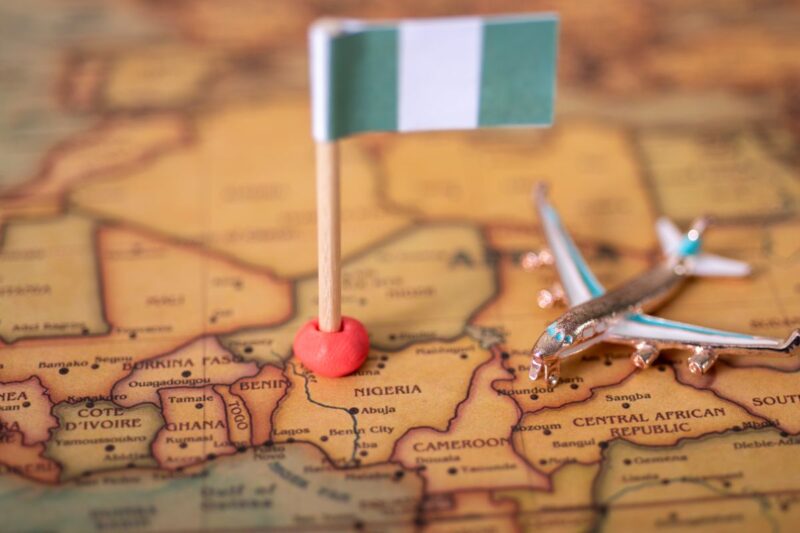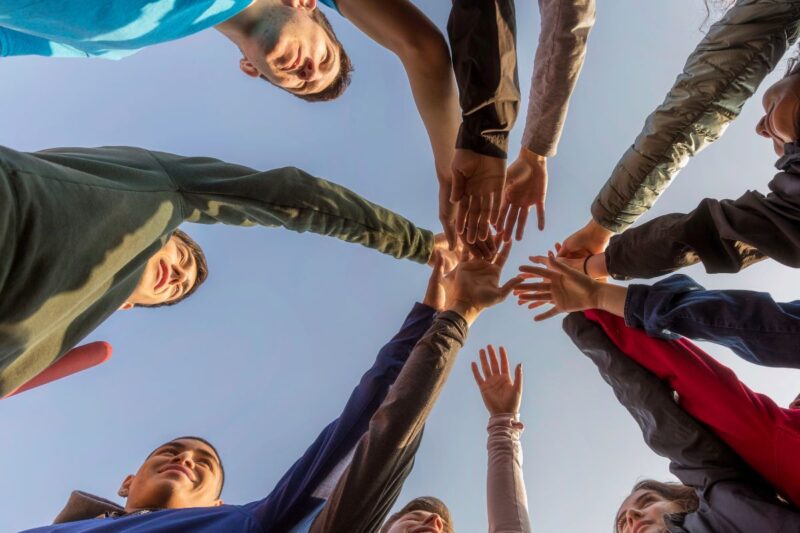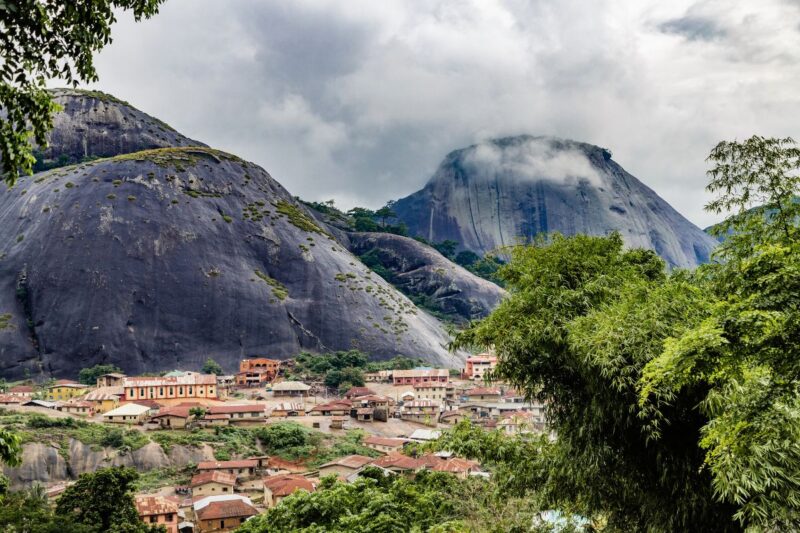When I first heard about Makoko, the largest floating slum village in Lagos, Nigeria, I was both curious and excited. I had never seen anything like Lagos state or Lagos island before. But for the record, island adventures in Seychelles Island, Calayan Island and Borawan Island are equally amazing so I’ve no doubt Makoko will also be just as special!
Digital nomads like me can help you become one. For a complete guide, I offer TMTG’s eBook: “The A-Z on How to Become a Digital Nomad” for comprehensive guidance!
So, during my visit to the Makoko community, I made sure to take some time to explore this unique community with a good tour guide.

Arriving at Makoko
As I approached Makoko, I noticed that this place was like no other. The fishing village sits right on the water with stilt houses.
I was amazed to see how the residents here live in an informal settlement, surrounded by water. To get around, everyone would use a boat or wooden canoe, which I found fascinating.
Thinking of exploring the place, it made me grateful to get one of those waterproof phone bags people love!
Taking a Canoe Ride
I decided to hop on a canoe myself to get a closer look of the floating city. The ride was smooth, and as I glided through the water, I could see children playing, women cooking, and good fishermen.
Any person will notice that life here moves at a different pace, and the locals work together with the local chief to keep the village running.
The People of Makoko
One thing that stood out to me in the floating slum was how welcoming the Makoko residents are.
Even though their lives might seem challenging, they greeted me with warm smiles.
Many of them were eager to share stories about their community and how they’ve adapted to living on water.

Education on the Water
During my tour, I noticed the local school in the village. It’s incredible to think that children are educated in a floating school!
Like the houses on the lagos mainland, it is built on stilts, and I could hear the sound of laughter and lessons drifting across the water.
Any photographer who would visit the place would want to take photos of the primary school.
Challenges and Resilience
Life in the largest economy of Makoko isn’t easy. The people here face many challenges, such as limited access to clean water and healthcare: poverty in general.
However, I was struck by their resilience. They’ve created a way of life that works for them, despite the difficulties.
The Beauty of the Community
As I floated through the village of shanties, I couldn’t help but admire the simple beauty of Makoko.
The reflection of the wooden houses on the water, the colorful boats, and the peaceful rhythm of daily life – it all left a lasting impression on me, beyond the lens of a camera.

Leaving Makoko
When my tourist journey in the floating community came to an end, I felt grateful for the best experience. I didn’t even miss dry land for a while or the internet connection (CODE: KATRIN8414).
Visiting the Makoko stilts village gave me a new perspective on how supposedly poor people can adapt and thrive – keep each other safe and secure in a place that can come to others as a squalor.
But the Makoko residents still look rich in happiness! If you ever find yourself wanting to experience something different from visiting places like the Ogun state, and don’t mind the waterfront part in Lagos, I highly recommend taking the time to see this floating village.
It’s a place like no other, and the spirit of the residents will stay with you long after you leave. So get your travel insurance, grab or buy all stuff you need and book a private tour with a local tour guide now!
FAQ
The most prominent language spoken by the local community in Makoko is called Egun and it is a blend of French and other local Nigerian languages.
The main economic activities are fishing, sand dredging and salt making. Men in Makoko are mostly fishers. Some women also fish; others trade fresh or smoked fish or process other people’s catches. The incentives distributed in Makoko by the government (such as fishing nets and powered engines) go mostly to the men.
The Makoko Floating School was a building project of Makoko, Lagos, Nigeria which was developed in 2013. The school was abandoned in March 2016 over safety concerns and collapsed in a storm in June 2016. Subsequent iterations have been proposed.
